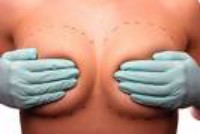
True beauty is simply a manifestation of radiant health, says New Yorks top skin guru Dr Nicholas Perricone, who believes that cellular rejuvenation is the path to beautiful radiant skin. Here he shares his fascinating views and latest insights with ELIXIR readers in our exclusive interview
Dr Nicholas Perricone is one of the worlds most innovative dermatologists, as well as being a best-selling author. His skincare range is based on delivering magic bullet ingredients, together with an integrated approach to health and beauty that transforms skin in a matter of days.
His New York flagship store on Madison Avenue is not a simple shop but what he describes as a unique, interactive lifestyle centre, where clients experience the Perricone Prescription® Personal Consults a personalised consulation for health and skin based on an interactive, in-depth evaluation of an individuals current diet, health and lifestyle profile. There is also a health library where visitors can sip green tea and relax while browsing through a wide selection of health and nutrition newsletters and books, including Dr. Perricones five best sellers. Regular lectures also take on subjects such as the Beauty- Brain Connection program that explains the science behind Dr. Perricones philosophy which is aimed at reducing cellular inflammation which is believed to be the greatest precipitator of ageing and age-related diseases.
His 70 products, including books, nutritional supplements and skincare products are sold in 11 countries. They range from the least expensive Olive Moist Lips which costs 34 (£18, Euro 27) to Neuropeptide Facial Conformer at $843 (£445,Euro 657)
Here Dr Perricone tells ELIXIR what he thinks about the latest trends in skin rejuvenation:
Why do you think your products are so successful?
My goal has been to create a program that is easy to follow and would enable people to create beauty through health. My decades of research has shown that The Inflammation/Aging Connection is the single greatest precipitator of ageing and age-related diseases such as heart disease, diabetes, Alzheimers disease, arthritis, certain forms of cancer, and wrinkled, sagging skin. I developed a three-tiered lifestyle program to eliminate the inflammation by the foods we eat, through taking antioxidant anti-inflammatory supplements and by treating the skin with topical antioxidants which as natural anti-inflammatories, and result in a smooth, youthful, supple, toned and radiant appearance to face and body. The highly visible results are key to the programmes ongoing success.
What are your predictions for the next big thing in anti-ageing skin care?
The future of beauty lies in learning how to rejuvenate the face and body on a cellular level – where it really counts. Science is showing us that we are not subjected to our genes but can actually change them with the latest generation of essential nutrients, antioxidants and anti-inflammatory substances. These state of the art magic bullets significantly support cellular repair and rejuvenation both internally and topically by fighting free radical activity, reducing inflammation, and in supporting healthy blood flow, while helping to prevent and reverse damage to genetic material. This truly holistic approach will reverse many signs of aging, turn off the genes that cause us to store fat, rejuvenate the brain, etc.
In addition to targeted cosmeceuticals, exciting developments in other areas will also enable us to look younger – I am particularly excited about the age-reversing effects of light – non-laser light, as well as electronic muscle stimulation. Just as exercising the body creates a firm, rounded well-muscled and attractive body, exercising the face can do the same. Electronic muscle stimulation to the face can help shorten elongated, drooping muscles to create a more youthful appearance, while helping to stimulate blood flow to the face, increasing circulation, decreasing puffiness and pallor.
What are your predictions for anti-ageing medicine?
Exciting new scientific developments are showing us that we can actually rebuild our bodies on a cellular level. Brain, bone, muscle, skin can all benefit in a process known as cellular rejuvenation. When we understand that a young cell is characterized by energy production, it becomes clear that when we slow down that production, we begin the ageing process. The goal, therefore, is to rev up your cellular metabolism – the chemical and physiological processes by which the body builds and maintains itself and by which it breaks down food and nutrients to produce energy.
What is your opinion on stem cells in the treatment of the mechanisms of ageing?
Certainly stem cells are looking interesting at this point but I dont see this happening any time within three to five years and even then it would need to be developed by a pharmaceutical company.
Are we becoming overly obsessed with our looks what is the balance?
This question can cut both ways. For example, if you are obsessed with your looks and holding onto youth it could be a good thing if it encourages you to give up an unhealthy life style (smoking, excess drinking, junk food, not enough sleep).
If we follow the anti-inflammatory lifestyle, take the supplements, avoid sugar and starchy foods, which are pro-inflammatory and use topical anti-oxidants on skin, we will go a long way towards retaining physical beauty. We will eliminate weight problems, bags and puffiness in the eye and face area, excess body fat, loss of youthful muscle mass in face and body and so forth – in fact dramatic results will be visible in both face and body in as little as three days. In addition, we will keep our brains working at optimum levels, our memories sharp and our moods up beat with a general sense of well being. For example, if you dont get enough omega 3 essential fatty acids every day (from wild salmon, sardines, herring, trout, anchovies, high quality fish oil, etc.) you will be overweight, wrinkled and depressed. We will see our face and body gradually show signs of deterioration. Unfortunately, no amount of Botox or surgical procedures can take the place of proper nutrition or reverse the decline.
What is your daily fitness and health programme?
I go for a run every day, lift weights and practice yoga. I also follow the anti-inflammatory diet, which consists of the following components:
high-quality protein, like that found in fish, shellfish, poultry and tofu;
low-glycemic (will not provoke a glycemic response when consumed in moderation) carbohydrates including colorful fresh fruits and vegetables and whole grains such as old-fashioned oatmeal, legumes such as beans and lentils;
healthy fats, such as those found in cold water fish (especially wild Alaskan salmon, halibut, sardines, herring, anchovies, etc.), nuts, seeds, and olive oil
8 -10 glasses of pure spring water per day.
Anti-oxidant rich beverages such as green tea
These foods and beverages act as natural anti-inflammatories and help to maintain normal levels of insulin and blood sugar.
I also take supplements regularly including the complete spectrum of vitamins and minerals recommended by nutrition experts world-wide, (B-complex, Vitamin E, Calcium-magnesium, etc.), as well as the following
Active ingredients recommended by Dr. Perricone include:
Alpha Lipoic Acid
o Vitamin C Ester
o DMAE (Dimethylaminoethanol)
o Coenzyme Q-10
o Conjugated Linoleic Acid (CLA)
o Gamma Linoleic Acid (GLA)
o L-Carnitine Fumerate
o N-Acetyl Carnitine
o L-Tyrosine
o Omega-3
o Carnosine
o Benfotiamine
o Astaxanthin
How do you cope with stress, difficult people to you have any tips?
I eat a lot of wild salmon – which is high in the omega 3 essential fatty acids. As mentioned before, they not only relieve stress and keep your mood upbeat; they also keep skin radiant and supple and increase mental and physical energy. It might sound simplistic but people on low fat diets and/or those who dont get enough omega 3 fatty acids (which is practically everyone in the modern society) actually have much higher levels of depression and irritability.
Is there anything new we can expect in the Perricone range?
I continue to work on and expand our Neuropeptide line because the topical results are so phenomenal for aging skin providing the following benefits to skin:
A visible increase in radiance and glow to the skin. This is the result of their powerful anti-inflammatory activity, as well as their effects on blood circulation and cell metabolism.
An increase in firmness, as the neuropeptides aid in collagen and elastin production.
improved appearance of the skins resilience, tone, and texture
decreased appearance of fine lines and wrinkles
decreased appearance of tiny veins and capillaries
maximized regeneration and hydration of the skin
Because of their efficacy, they can be used alternately with the original flagship products of the line, the Alpha Lipoic Acid and Vitamin C Ester lines, both of which contain high levels of DMAE and continue to be the must have skin rejuvenating products for women around the world.
We have also recently debuted a Mens Line, Mens Total Fitness that introduces a new delivery system containing Fullerenes, so named because the 60 atoms that make up their spherical molecule resemble Buckminster Fuller’s geodesic domes, which are lighter than plastic yet stronger than steel.
Also known as Buckyballs, they were first identified in 1985 by three scientists who later received a Nobel Prize for the discovery. The fullerenes used in our delivery system are highly stable, microscopic, hollow carbon balls that function as a potent reservoir for the transport of the Perricone patented technology to the skin. Fullerenes deliver active ingredients to protect and nourish the skin round the clock. This revolutionary system brings the intriguing and transformative world of nanotechnology to the fine art and science of high performance anti-aging skin care formulation.
How do you define beauty?
True beauty is simply a manifestation of radiant health.



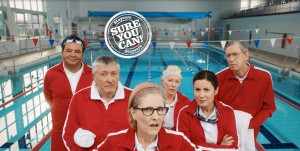
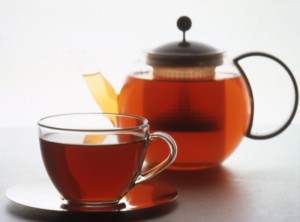
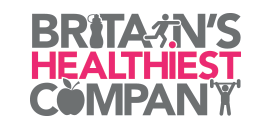
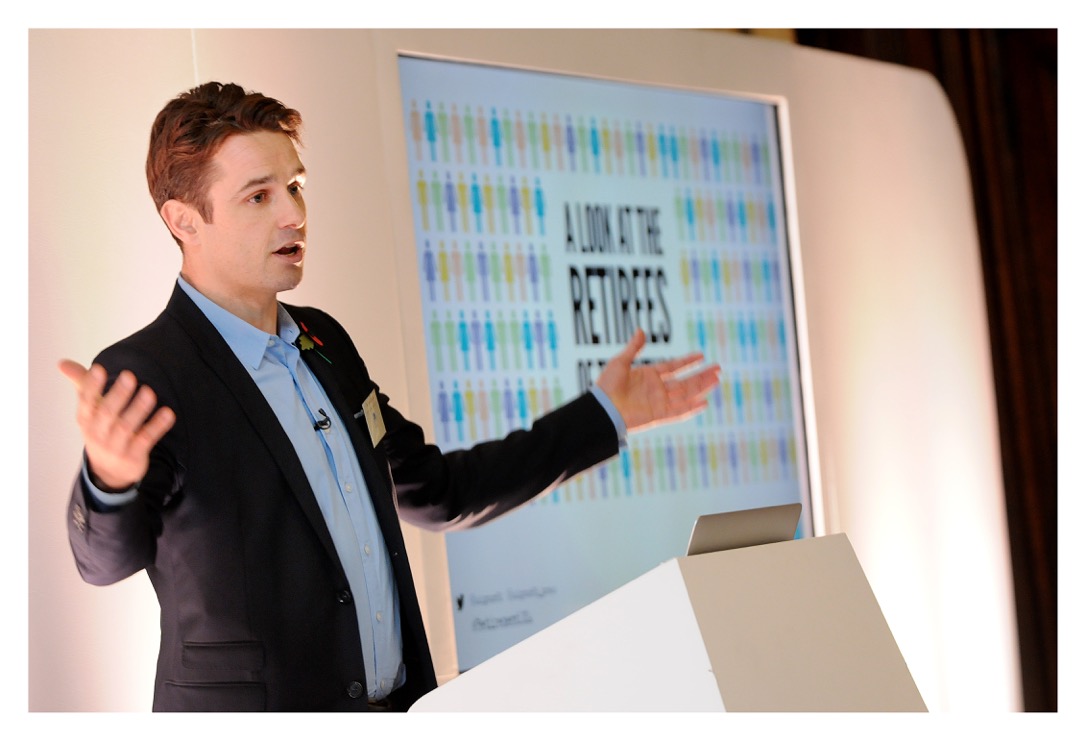


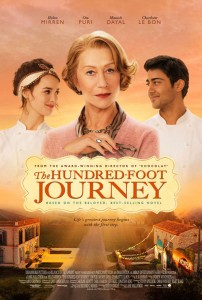

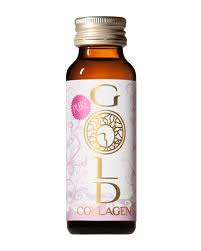



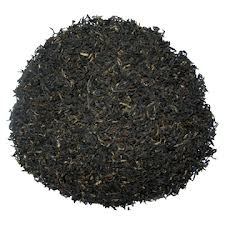
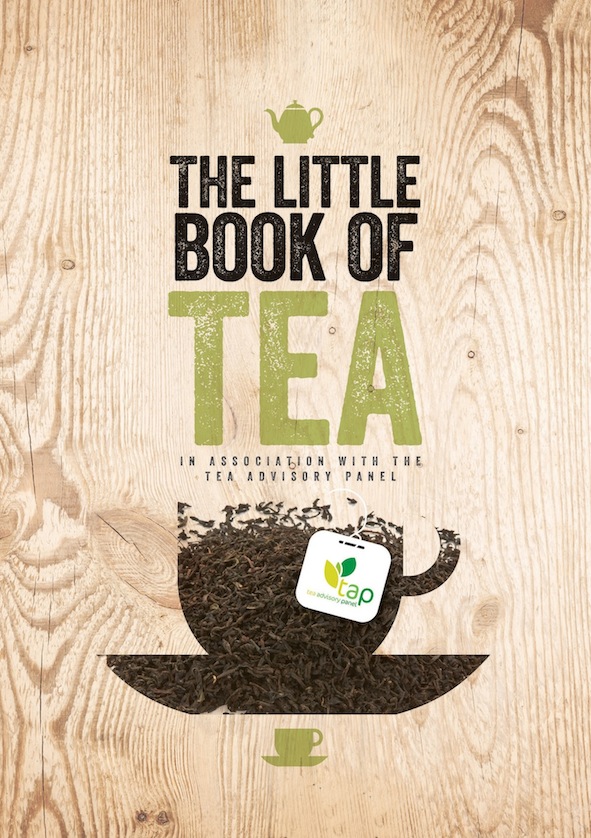






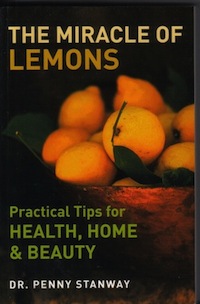


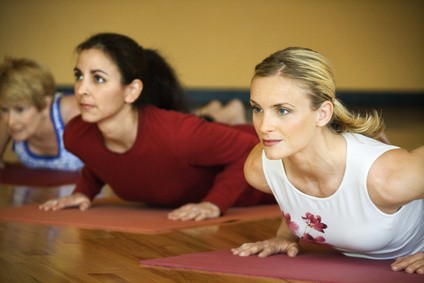

![_MG_6396[1] [320x200].JPG](http://elixirnews.com/assets_c/2010/11/_MG_6396[1]%20[320x200]-thumb-206x200-352.jpg)

